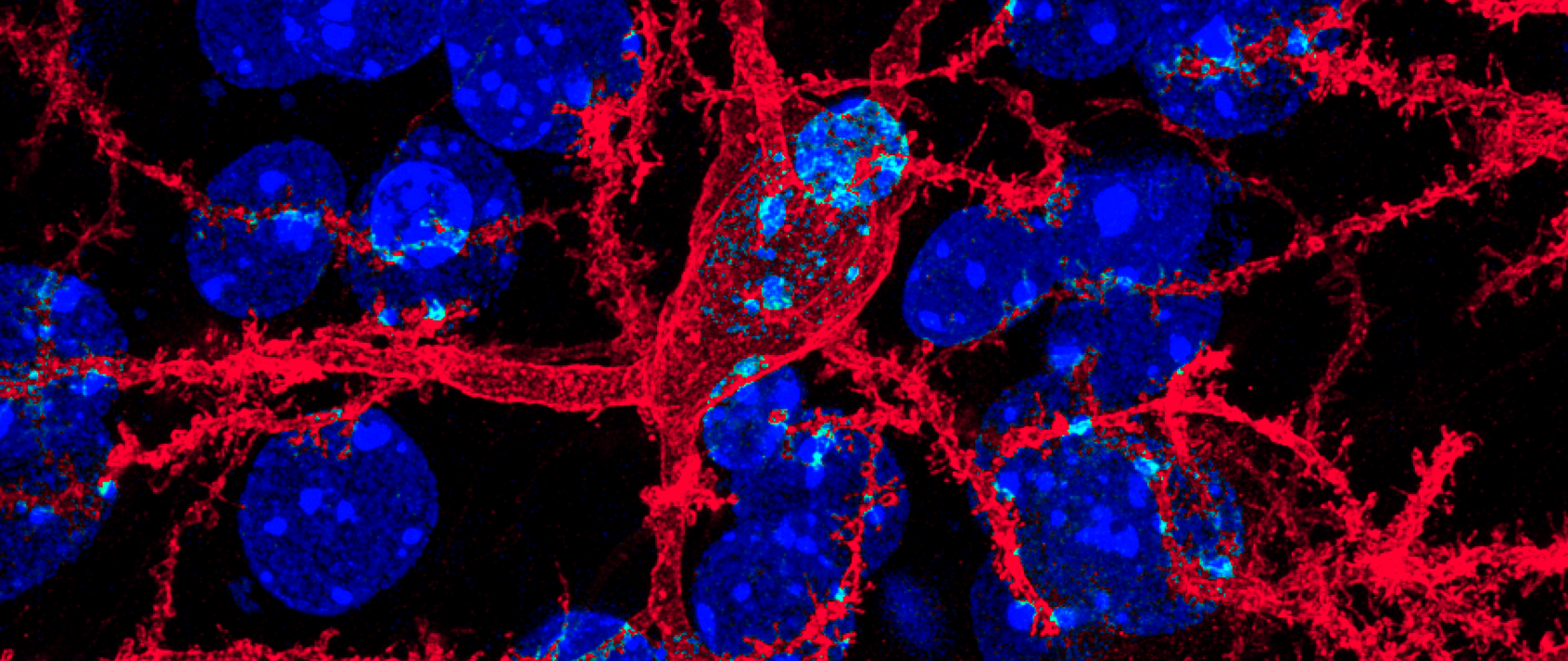Context
Schizophrenia is a chronic mental disorder with an incidence of 1% in the global population. Although the exact causes of this disease are unknown, several studies suggest that the origin of the disease is related to dysfunction in the communication between various cerebral networks.
Project
The project aims to expand upon this hypothesis by progressing to a specific study of a cerebral network called the claustrum. The claustrum is located in the medial prefrontal cortex. How it works is still not understood at present, but it might be associated with behavior. Research teams will rely on clinical observations as well as pharmacological, medical, and genetic analyses to reveal the potential role that this cerebral network plays in schizophrenia, in humans and in rodents.
où en sommes-nous ?
Juin 2022 : Après trois années de financement, les chercheurs ont pu montrer chez l’animal que les neurones de la zone du claustrum cérébral étaient dysfonctionnels dans les cas de schizophrénie génétique. Plus encore, alors que cette pathologie est considérée comme une maladie neurodéveloppementale, et donc hypothétiquement non guérissable, les chercheurs ont pu corriger ces altérations cognitives par manipulation spécifique de l’excitabilité des neurones du claustrum chez des souris adultes.
Les résultats très prometteurs de ce projet ont permis aux chercheurs de décrocher un prestigieux financement européen (ERC) afin de continuer leurs travaux et de valider plus finement encore leur hypothèse, à savoir que le claustrum représente un noeud essentiel de communication entre des aires cérébrales impliquées dans les fonctions cognitives et que son dysfonctionnement peut expliquer certains des symptômes complexes de cette maladie.
Ce projet est donc terminé et plusieurs publications sont en cours.
Project Managers
Professor Alan Carleton, Department of Fundamental Neurosciences, University of Geneva Faculty of Medicine.
Professor Ivan Rodriguez, Department of Genetics and Evolution, University of Geneva Faculty of Science.

